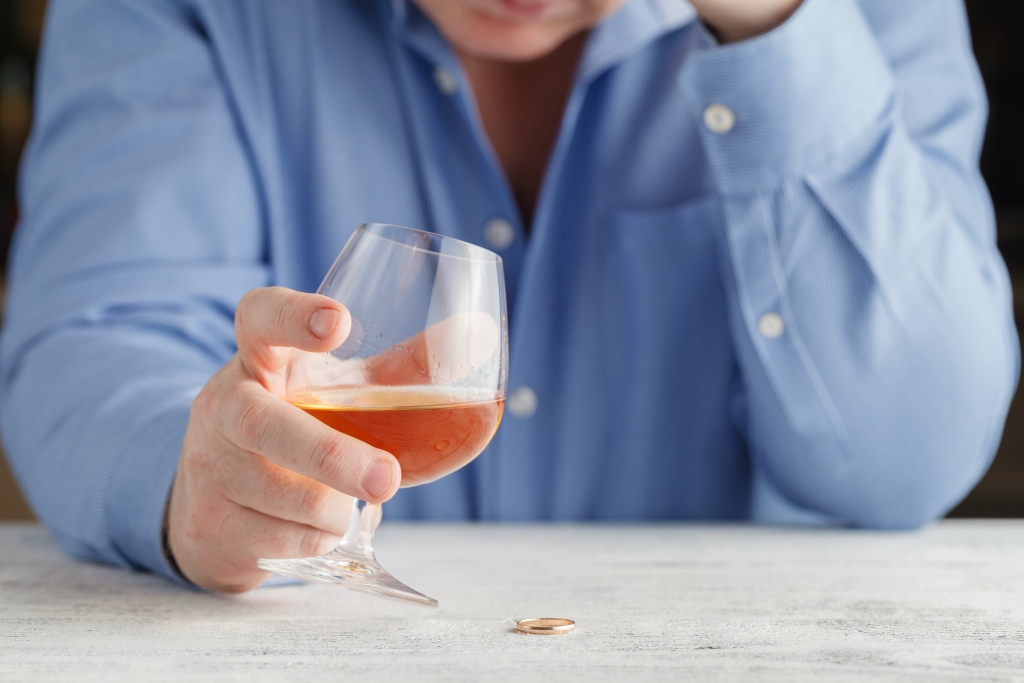Spotting Relapse Warning Signs: Proactive Prevention Tips
When we think about a relapse, we tend to think about it as sudden, unexpected, and all at once. In reality, it’s likely a gradual progression for most people, and there are typically three stages of relapse. Relapse is a process that can begin weeks or months before someone alcohol relapse rate drinks. Effective management of mood swings often involves a multi-faceted approach, including therapeutic strategies and lifestyle adjustments. Engaging in activities such as yoga and meditation has been shown to help stabilize mood and reduce emotional fluctuations.

Awareness of thoughts, feelings, and behaviors can be indicators of where someone is and what they may need regarding recovery. It’s about creating a lifestyle that can help a person maintain their recovery goals. Part of the recovery process includes talking about relapse, and learning healthier ways to cope with triggers that can lead to it.
Cognitive Therapy and Relapse Prevention
People battling depression commonly use drugs to combat the depressed feelings they are experiencing. In addition, substance abuse can often lead to depression, thus beginning a vicious cycle of using drugs and subsequent depression. This is often a time of internal struggle for a person in recovery, as https://ecosoberhouse.com/article/how-to-rebuild-your-life-after-addiction-how-to-regain-trust/ part of them wants to remain on the road to long-term sobriety; however, that part of them is embattled in a tug-of-war of sorts with another side that wants to return to using. There may always a part of a person that wants to use again, which is why addiction is considered to be a chronic condition.
HHS initiatives highlight expanding treatment options and saving lives as key components of relapse prevention. Emotional instability and mood swings can be significant indicators of an alcohol relapse. These psychological symptoms are characterized by rapid and intense changes in feelings, which can impact a person’s well-being and hint at underlying struggles with alcohol use. While mood swings can be a part of normal life experiences, particularly during periods of stress or hormonal changes, they can also signal a return to unhealthy coping mechanisms, such as alcohol use, for individuals in recovery. Other psychological signs include denial and minimization of the seriousness of one’s alcohol use, increased cravings for alcohol, and fear-related thoughts. These fears can range from not measuring up to concerns about success and the ability to live without alcohol.
Signs of Alcohol Relapse
The support from recovery coaches and self-help groups such as Alcoholics Anonymous (AA) plays a vital role by providing a safe space for individuals to share experiences and learn coping skills. Emotional relapse is often the first stage of relapse, and it occurs before someone in recovery even begins to consider using again. The individual usually starts to experience negative emotional responses, such as anger, moodiness and anxious feelings. They also may begin to experience erratic eating and sleeping habits, and their desire for recovery often wanes due to a lack of using their support systems.
Following the emotional stage is the mental phase, where the thought of drinking begins to occupy the individual’s mind. During this stage, the person might start to rationalize or minimize the consequences of drinking. They may also fantasize about alcohol use, leading to an internal struggle between the desire to drink and the commitment to sobriety. There will be times when challenges occur, leading to what feels like taking a step backward. And a relapse can sometimes feel like a disheartening misstep from the progress that’s been made.
What Are the Warning Signs of Relapse?
Thinking about the full scenario after romanticizing substance abuse can also help. When a person in recovery is romanticizing their past use of a drug, they are often simply thinking of the early stages – the consumption of the drug. It can be helpful for an individual to continue to “play the tape through” and think about everything else that accompanies using, specifically all the consequences that come along with it. This can help an individual remember why they sought recovery in the first place. Monitoring who a person in recovery interacts with can help to prevent relapse.







